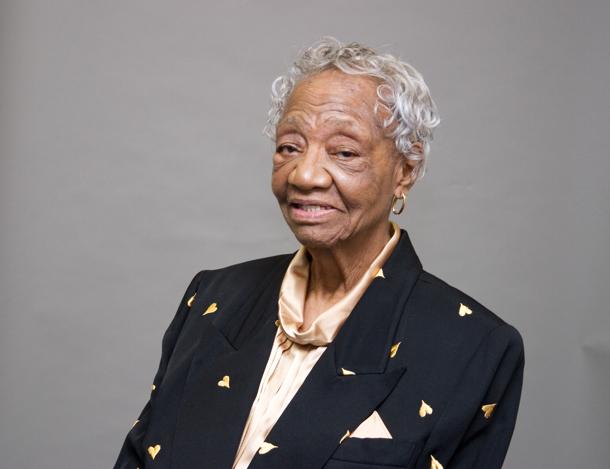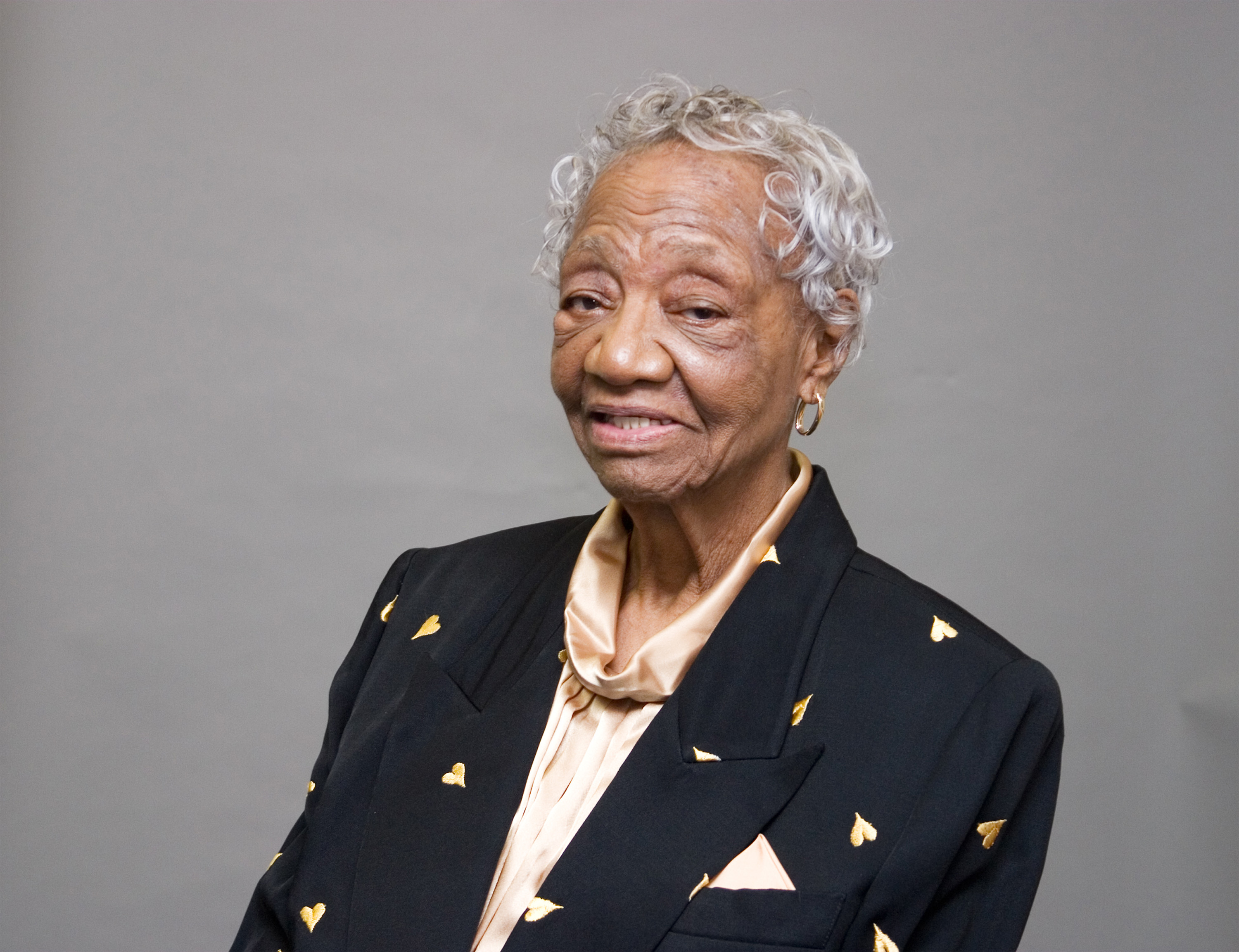
Marie Clarke, an AFSCME Ohio Council 8 retiree who dedicated her life to working for equal rights in the workplace, celebrates her 100th birthday June 27.
As one of Ohio's foremost black female labor leaders, Clarke distinguished herself during her long career not only within her AFSCME family, but also in the United Auto Workers Local 927.
Her outstanding contributions to Ohio the labor movement were recognized in 1986 when then-Gov. Richard Celeste inducted Clarke into the Ohio Woman’s Hall of Fame.
The Ohio Department of Job and Family Services, which administers the Hall of Fame, states on its website: “Marie Clarke is one of Ohio's foremost Black female labor leaders. She had the lifelong ambition to work for equal right in the work place for everyone.”
Clarke was instrumental in founding Columbus City Workers Local 1632 (AFSCME Council 8) and served on its executive board. Even in retirement she continued her labor activism as a member of AFSCME Retiree Chapter 1184
“When we say we are standing on the shoulders of those who came before us, we’re talking about people like Marie Clarke,” said John A. Lyall, president of AFSCME Ohio Council 8, and also an AFSCME International vice president. “She knew the power of solidarity and was a great believer in direct action. Her accomplishments should inspire us all. We wish her a happy 100th birthday.”
“I have always felt that serving the public was a special kind of work. And I will always be proud to say I am an AFSCME member,” Clarke said.
Clarke began work as a mechanic in 1946, at the Columbus plant of Curtiss-Wright, then the largest aircraft manufacturer in the United States. A single mother, she was one of thousands of women who went to work in the factories while the men left to serve in the military. After the men returned, Clarke was one of the few minority women to keep her job.
As a factory worker she helped organize and recruit members into the United Auto Workers union. One of her first job actions was to address the disparity in washroom conditions. The men’s washroom had large round sinks where dozens of men could wash at one time. The women’s locker room had just a few regular sinks, and always had a long line at the end of the shift.
Clarke used that time standing in line to organize and encourage the women to join the union. As UAW members, they successfully pushed management to provide equal washroom facilities.
By the end of her 22-year aircraft factory career, she was the first African American woman to be elected to the executive board of UAW Local 927. Although the union survived the company’s transition from Curtiss-Wright to North American Rockwell, Clarke moved on.
In 1969, Clarke began a 23-year clerical career at Columbus City Hall, and brought her union activism with her. However, she found that only sanitation workers were members of the city workers’ union, AFSCME Local 1632. When the union went on strike later that year, she supported the strikers, but could not be a part of the union, or participate on the picket lines.
After the strike, Clarke set about organizing her co-workers and building the union. She went on to become a proven and effective leader of AFSCME Local 1632 who was the “go-to” person on many issues. She was appointed to a series of ever more responsible union posts, and eventually was elected to serve on her local’s executive board.
In 1980, she was elected the union’s secretary-treasurer, an office she held for 12 years. During that time the union kept growing, and today represents more than 2,000 city workers.
Clarke also was a member of the Coalition of Black Trade Unionists (CBTU) and the Coalition of Labor Union Women (CLUW).
